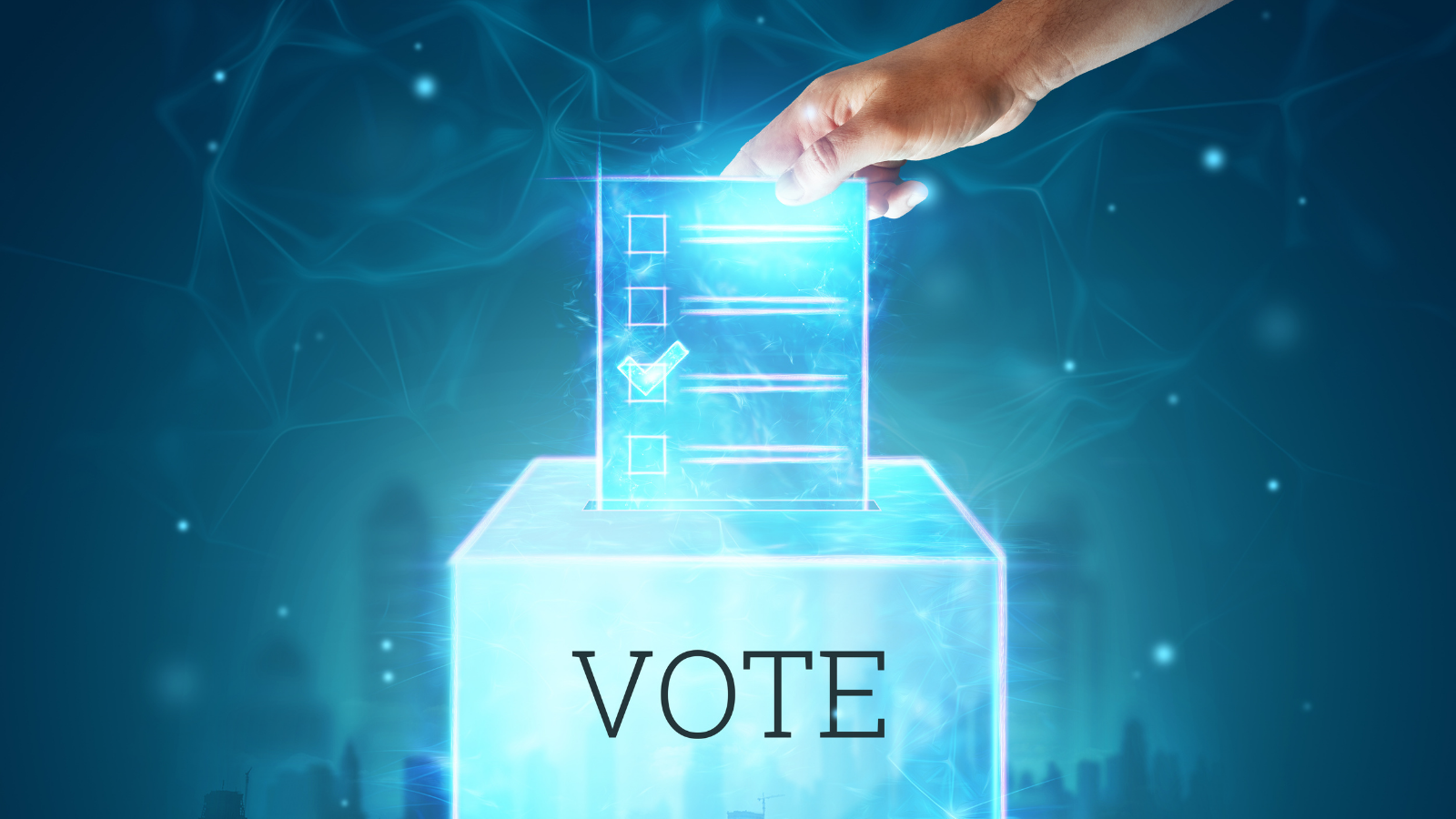
There are less than 60 days to Election Day on November 8, 2022 and there is no shortage of issues to consider when going to the polls. One of the biggest issues that confronted Americans over the past several years was how to stay connected to all the essentials—family, friends, schools, work, and doctors—all while social distancing. Although things are returning to normal, the connections and the technology that connects us remain just as important. Connectivity now and in the future has a lot to do with laws put in place by legislators, so here are some things to consider as you go to vote:
- How does the candidate plan to close the digital divide?
Too many Americans don’t have home broadband. With deployment of 5G for home broadband private investment is working to change that. However, the fact remains that millions of children lack access to the internet at home and nearly half of the American workforce worked remotely in 2021, which required internet connectivity. Closing the digital divide should be a top priority as more than $63 billion dollars of investment begins to roll out across the states, and wireless needs to be a part of that solution.
- What about increasing access to wireless coverage and fast speeds?
While federal guidelines and state and local reforms are speeding up wireless deployment, it is still key that all levels of government work together with companies to further expedite the rollout of wireless networks, including 5G. If we want faster speeds and increased coverage that keeps pace with the growing demand for wireless data, then it is necessary to continue to optimize wireless permitting policies. It’s incumbent upon elected officials to recognize this and keep making improvements.
- How about making sure we can prepare for the technology of the future?
While working to close the digital divide is important now, we should also realize that innovation isn’t slowing down and it should not have to. 5G wireless technology, like all generations of wireless, is powered by spectrum that enable devices to send and receive information instantly. More spectrum allows us to receive data more quickly and efficiently, and receive more of it. The only catch with spectrum is that there is a finite amount. Elected officials should prioritize putting in place a spectrum pipeline that will allow for increased bandwidth and network efficiencies, enhancing wireless experiences and lowering costs.
- How can we protect our private information as we travel across the United States?
It’s great that legislators are starting to talk more seriously about the need for a national privacy law, but each year there is a delay we are moving in the direction of a confusing patchwork of inconsistent laws. In the absence of a unified set of principles that offer consistent privacy protections, we risk a slowdown in technological innovation and cost increases that trickle down to our wallets. The thing is, the internet doesn’t recognize state boundaries, so your data privacy rights can change the moment you cross state lines. Your privacy should be protected no matter where you are—we need a national privacy law that protects all Americans equally. It’s time legislators move the ball past the finish line.
For years, we have been saying we live in an increasingly connected world. That hasn’t changed. We just need to elect or re-elect legislators that are willing to pass laws that keep up with innovation. Be sure to research your candidates before heading to the polls. Happy voting!